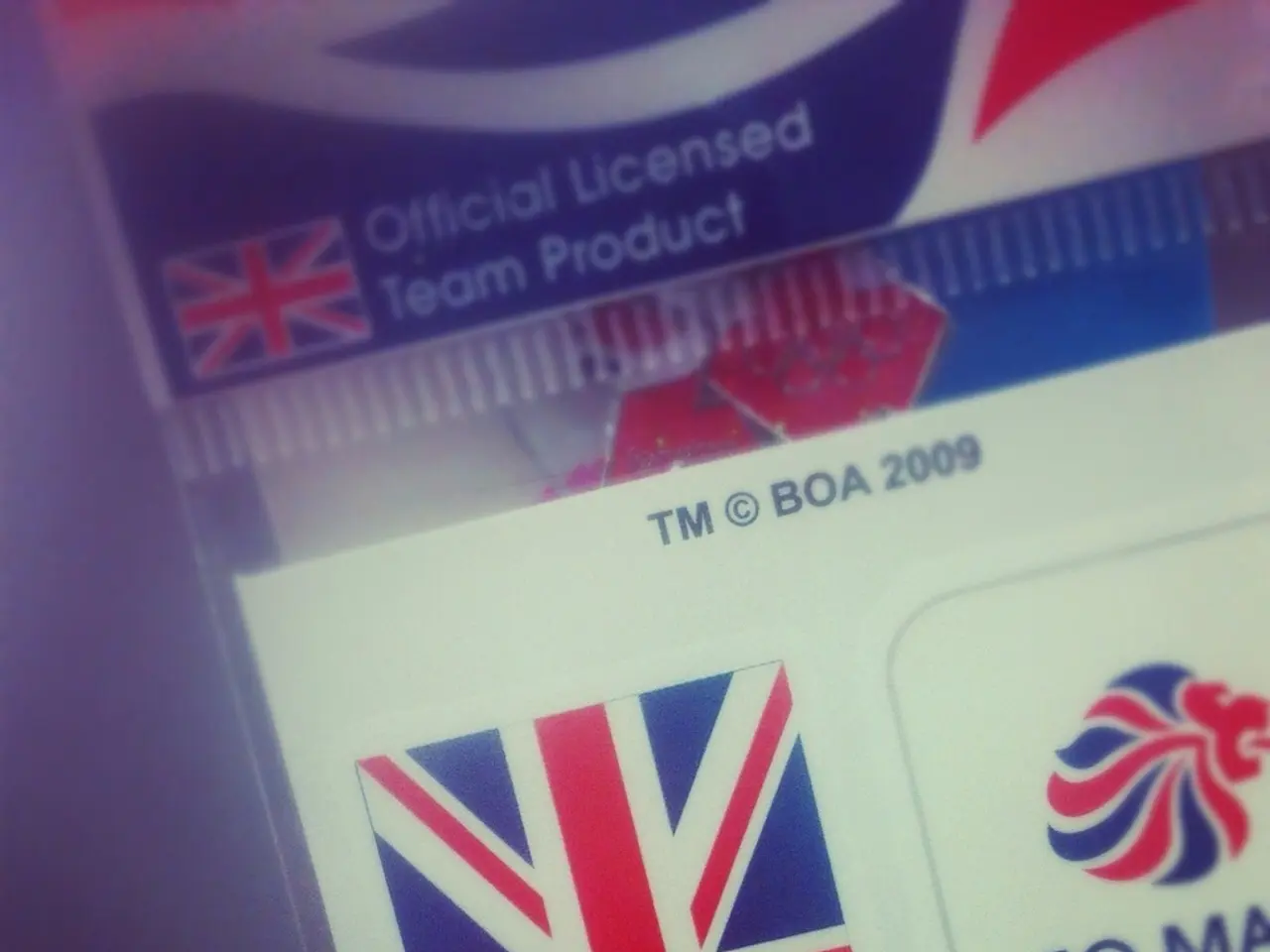Curacao's Gaming Authority Undergoes Examination over Licensing Matters
The Curaçao Gaming Control Board (GCB) is working towards strengthening its regulatory framework, with the full implementation of the National Ordinance for Games of Chance (LOK) expected by the end of 2024. This move comes amidst ongoing investigations and allegations of corruption and regulatory issues within the Curaçao gaming sector.
The GCB's role in international compliance is informed by formal rulings from relevant foreign authorities. The board's licensing process is rigorous, involving thorough document verification, background checks on decision-makers, detailed assessments of business plans, and scrutiny of operational websites.
The authority to issue, amend, and revoke licenses is based on a directive from Curacao's Minister of Finance in 2020, further amended in 2023. Curacao-licensed entities operating internationally must adhere to the legal and regulatory standards of the countries in which they function.
The GCB has clarified and asserted its legal authority in response to accusations of corruption, fraud, and financial mismanagement. However, the board's defense did not acknowledge or address the specific allegations. The controversy has questioned the integrity of the GCB's licensing process.
The implementation of LOK will include new Alternative Dispute Resolution (ADR) mechanisms, aiming to strengthen player protections and ensure fair play. The regulatory framework for the GCB's operations is established under the National Ordinance on Hazard Games (NOOGH), which grants the GCB the power to manage the licensing process without external interference.
The latest major development related to corruption and regulatory issues involves an investigation codenamed “Nebraska” conducted by the Curaçao Public Prosecutor’s Office (PPO). This probe focused on identity verification failures by online casino operators rather than direct corruption allegations within the Curaçao Gaming Control Board itself. The PPO concluded an out-of-court settlement with 12 online casino operators for failing to comply with mandatory Know Your Customer (KYC) regulations.
Separately, there is ongoing reform and scrutiny of Curaçao’s gaming licensing system amid broader allegations of corruption and licenses being issued without proper legal basis. This has led to the introduction of new legislation (LOK) and the establishment of the Curaçao Gaming Authority (CGA) to improve oversight, compliance, and enforcement in the industry.
Luigi Faneyte, a member of the opposition Real Alternative Party, has accused the Curacao Gaming Control Board of unlawfully issuing gaming licenses. No public, detailed findings or formal charges against members of the Curaçao Gaming Control Board itself have been reported in the latest available information.
If proven true, the accusations could have significant economic and regulatory implications for the Curacao gaming industry. The accusations suggest that the GCB, along with certain government officials, facilitated a licensing regime that was both illegal and financially opaque. The GCB aims to maintain a transparent, accountable, and resilient gaming industry in Curacao that adheres to both national and international standards.
The GCB's mission to establish a stronger regulatory framework extends to the scrutiny of casino-and-gambling activities, ensuring that Curacao-licensed entities comply with international rules. In response to allegations of corruption, the GCB has sought to maintain its integrity and transparency, aiming to adhere to national and international standards in the casino-and-gambling sector.

![Top-Ranked Credit Cards Offering Priority Pass Lounge Access [Year 2025]](/en/content/images/size/w1280/format/webp/20250803065825_credit-cards-offering-priority.jpeg)


